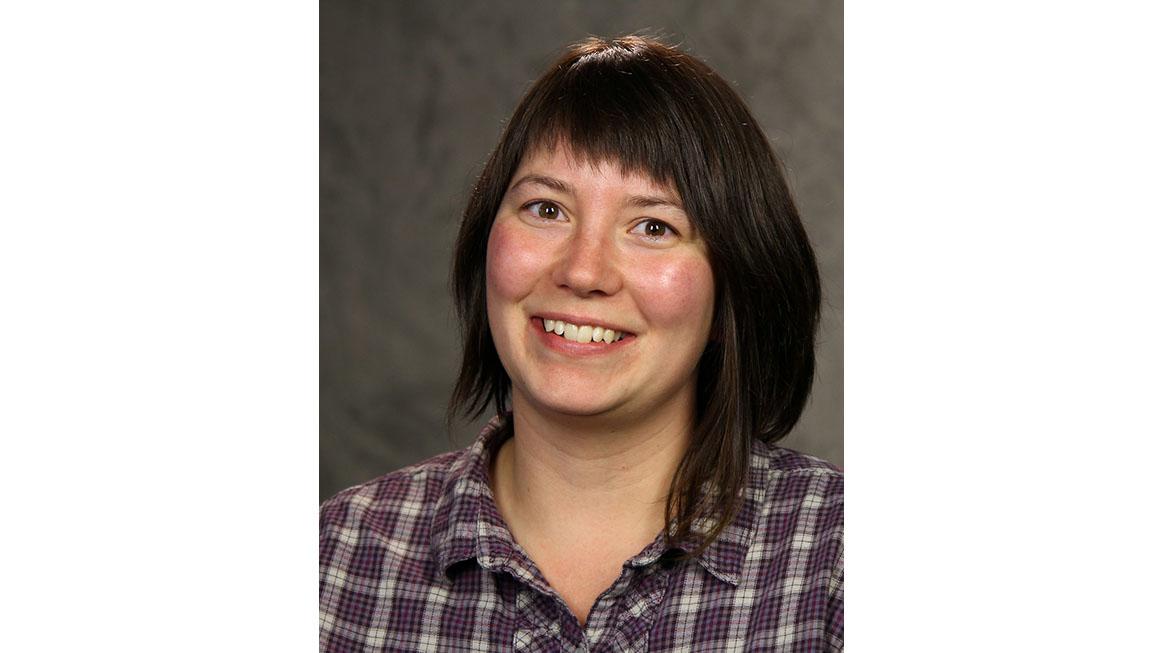This new position will serve important partners and stakeholders engaged in maritime transport locally and throughout the Great Lakes region and assist the Great Lakes Sea Grant Network address issues of transportation of petroleum and other hazardous substances.
“We’re excited to welcome Kelsey, who will work with our important partners who are concerned about maritime transport, and will serve the entire Great Lakes Sea Grant Network,” said Minnesota Sea Grant Director John A. Downing. “Her background in toxicology and decade-plus of experience at the Lake Superior Research Institute will be invaluable in her work with our maritime partners.”
Prihoda’s outreach and extension activities will address supply-chain security, short-sea shipping, intermodal transportation, economic and environment impacts, waterway infrastructure maintenance, ballast water management, trade and regulatory policies, dredging and other emerging issues.
“There’s a lot of opportunity for expanding outside of the Twin Ports [of Duluth, Minnesota and Superior, Wisconsin] with respect to maritime transportation,” said Kelsey Prihoda. “Hazardous materials transport is something that Sea Grant has been working on for a while and I will be bringing leadership to the work that is underway.”
Part of Prihoda’s work will include organizing regular meetings of the Great Lakes Sea Grant Network hazardous materials working group, coordinating a GLSGN annual summer webinar series and working with the risk optimization tool developed by the U.S. Department of Transportation Volpe Center.
“I’ve been working on ballast water for the past 13 years,” said Prihoda. “Ballast water regulations are changing in the U.S. and Canada, and throughout the Great Lakes region research efforts are underway to inform those regulations. My goal with respect to ballast water and aquatic invasive species management is to serve as a link among researchers, industry, and natural resource managers.”
Prihoda said she plans to begin working with stakeholders to identify and define the challenges facing them, then figure out whether the data exists that could help address those challenges or whether there’s science Sea Grant should consider funding to generate the needed data.
“I approach my work by trying to find common ground and always sticking with the science,” said Prihoda.
Minnesota Sea Grant is a systemwide program of the University of Minnesota and is one of 34 nationwide federal-university partnerships whose mission is to enhance the practical use and conservation of Great Lakes, coastal, and marine resources in order to create a sustainable economy and environment. MNSG is part of the National Sea Grant College Program, administered by the National Oceanic and Atmospheric Administration.
Contacts:
Kelsey Prihoda, Sea Grant transportation extension educator, Minnesota Sea Grant, University of Minnesota, priho011@d.umn.edu.“Kelsey Prihoda” is pronounced “Kell-see Pry-ho-duh.”
John Downing, Director, Minnesota Sea Grant, University of Minnesota; professor of biology, Department of Biology and scientist, Large Lakes Observatory, University of Minnesota Duluth, downing@d.umn.edu, 218-726-8715
Marie Thoms, communications manager, Minnesota Sea Grant, University of Minnesota, University of Minnesota Duluth, methoms@d.umn.edu, office: 218-726-8710, mobile: 907-460-1841, @MNSeaGrant.www.seagrant.umn.edu.
Image credit: University of Wisconsin-Superior.
